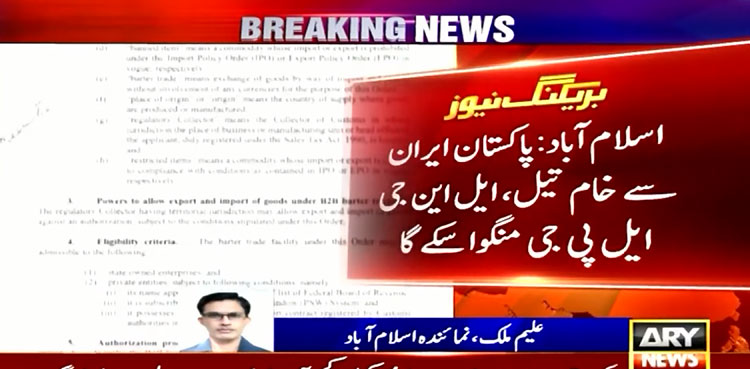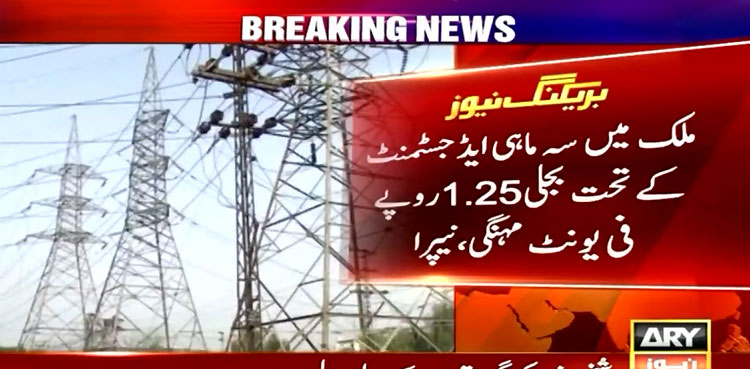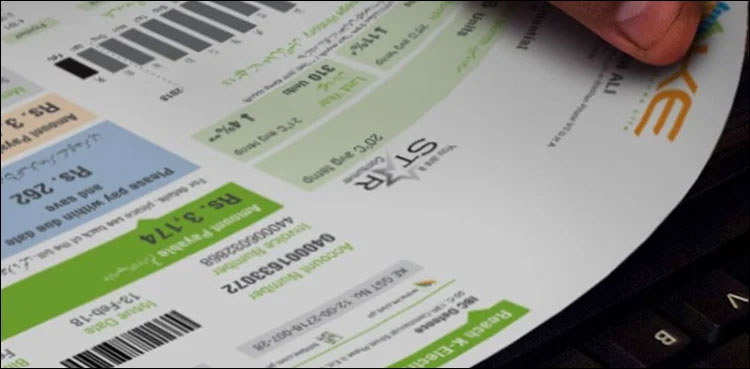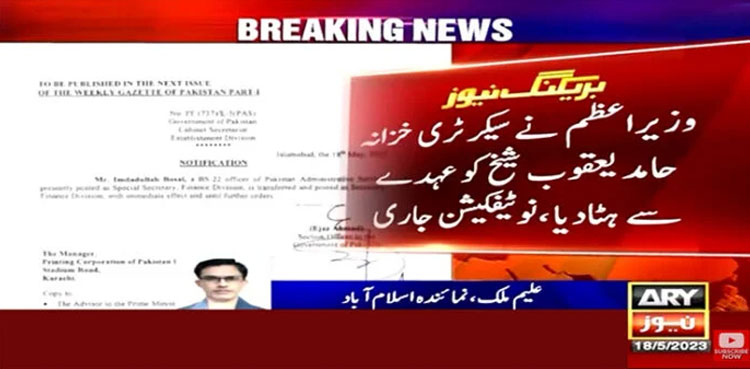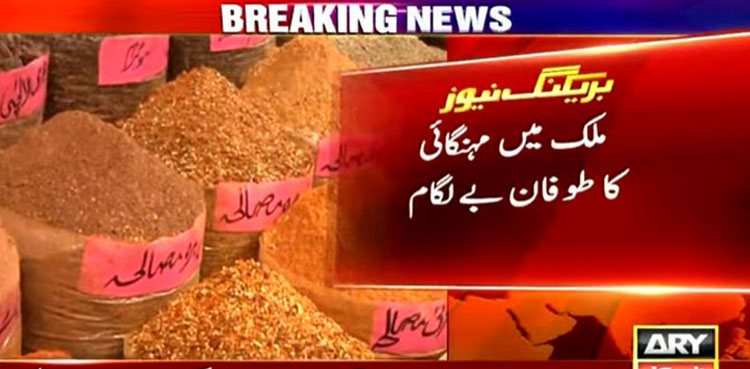ISLAMABAD: The Oil and Gas Regulatory Authority (OGRA) on Friday determined up to 50 percent increase in the prescribed prices of natural gas for the fiscal year 2023-24 to meet revenue requirements of the two gas utilities — SNGPL and SSGC, ARY News reported.
According to a notification, the regulatory authority determined the revenue requirements of Sui gas companies for fiscal year 2023-24, increasing the average per MMBTU price for SNGPL and SSGC by 50% and 45% respectively.
The average prescribed price per MMBTU of gas is recommended as Rs1238.68 and the increase in price per MMBTU is Rs415.11 with an increase percentage of 50 percent for SNGPL.
Similarly, the average prescribed price for SSGC is determined as Rs1350.68 with an increase in price per MMBTU is Rs417.23 and the increase percentage is 45 percent.
The notification noted that the average prescribed price determined by OGRA mainly comprises of cost of gas which constitutes approximately over 85% of the determined price.
The cost of gas is a pass-through item and is calculated in accordance with the agreement signed between the Government of Pakistan and gas producer companies.
The OGRA has also requested the federal government for advice on category-wise sale prices. “Any revision, as advised by the federal government, shall be accordingly notified by OGRA. Till such time the existing category-wise natural gas sale prices shall continue to prevail,” the notification added.

